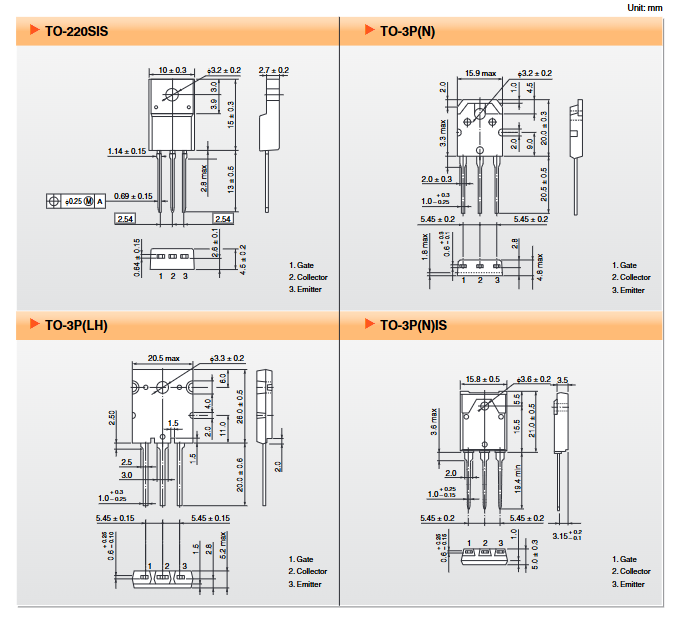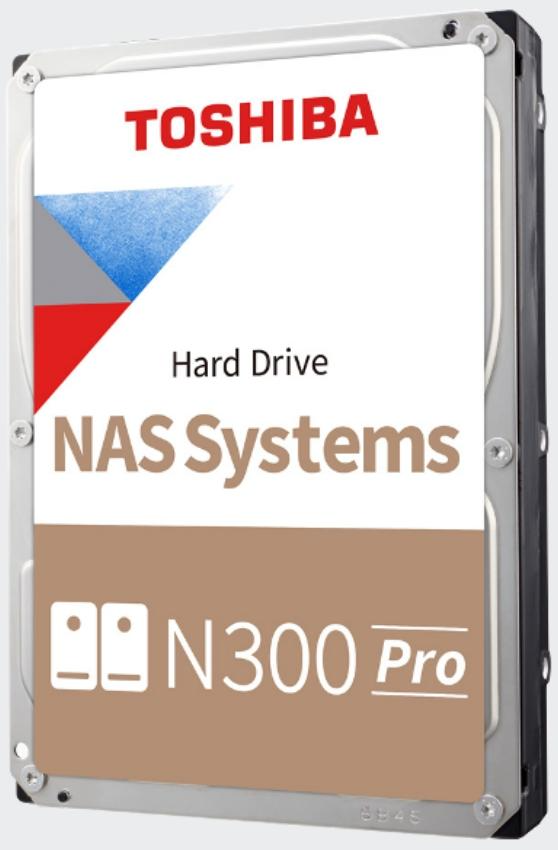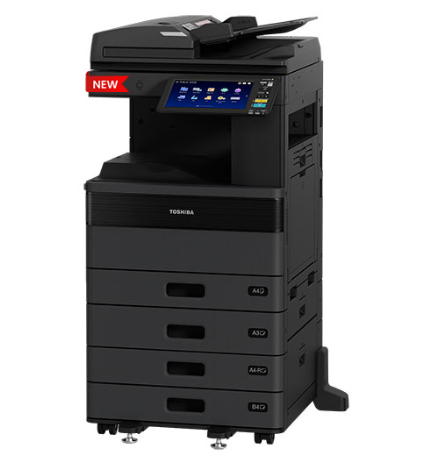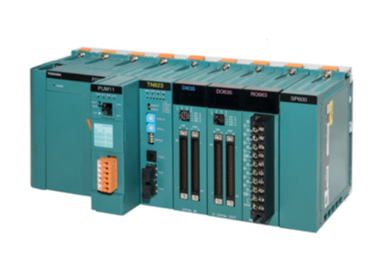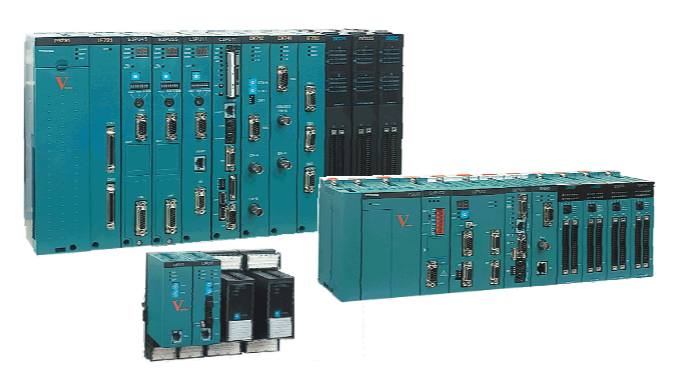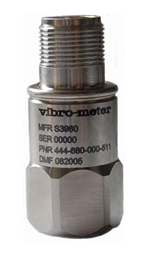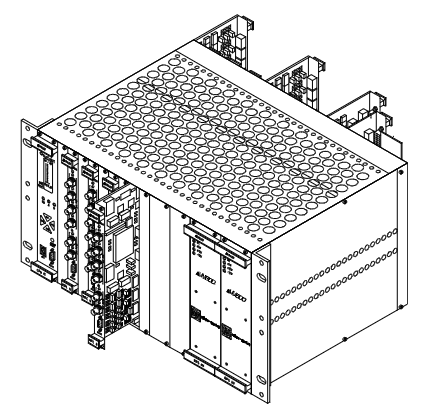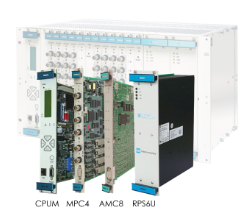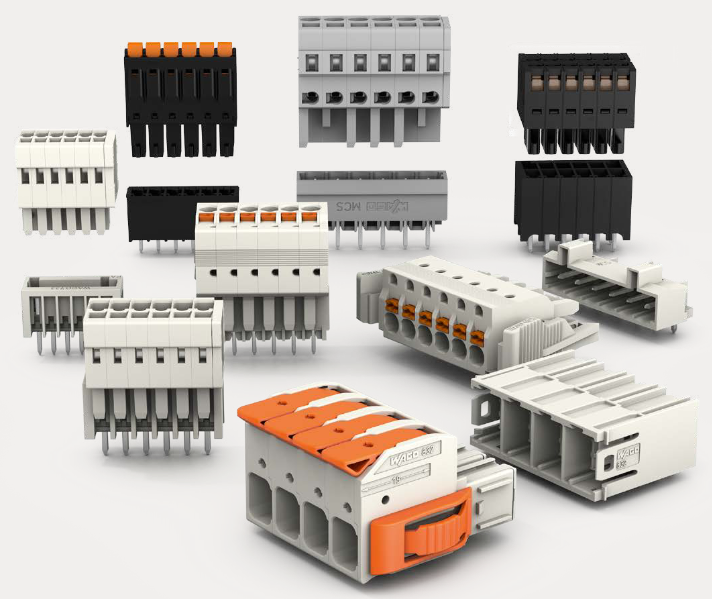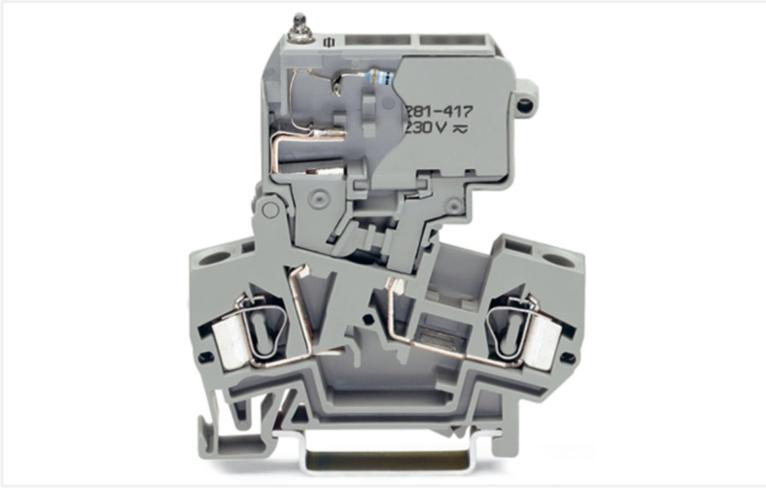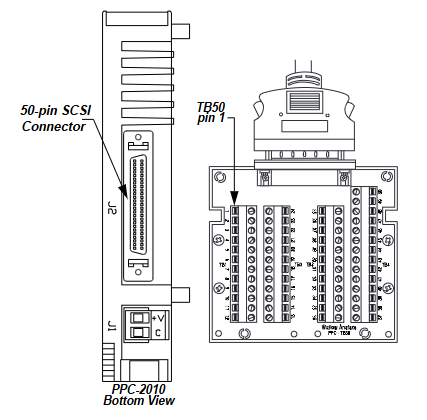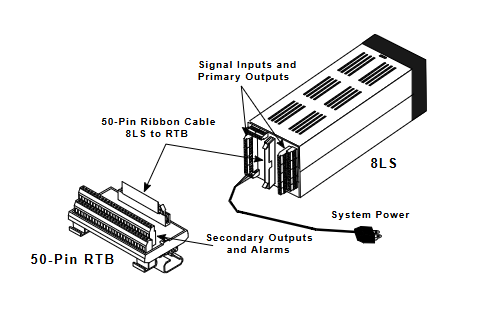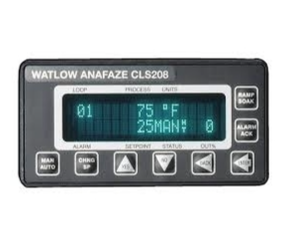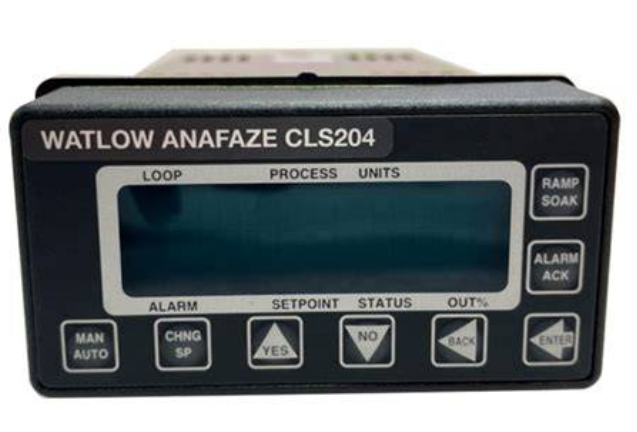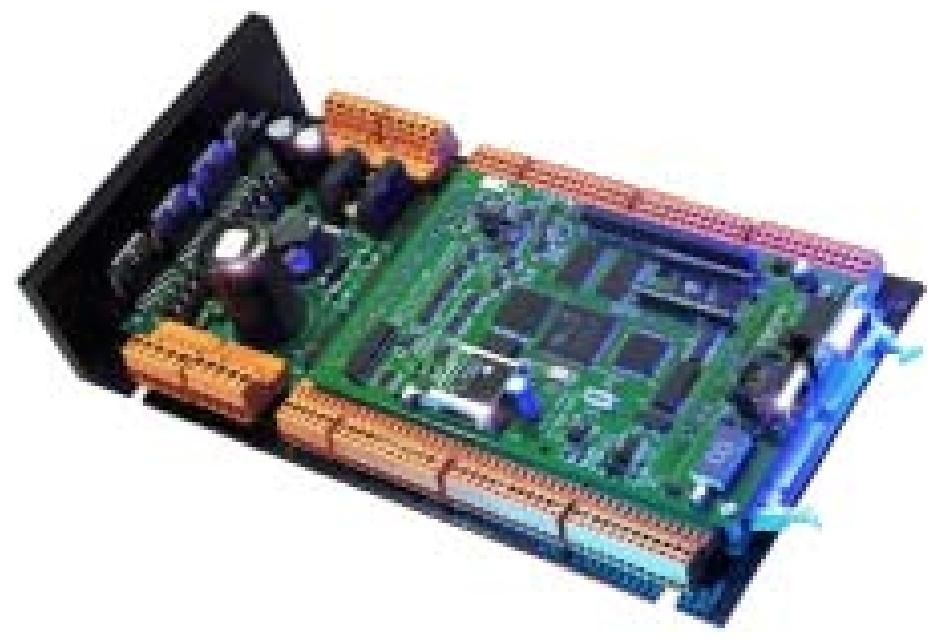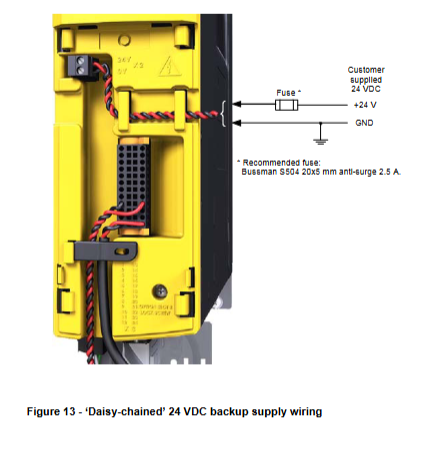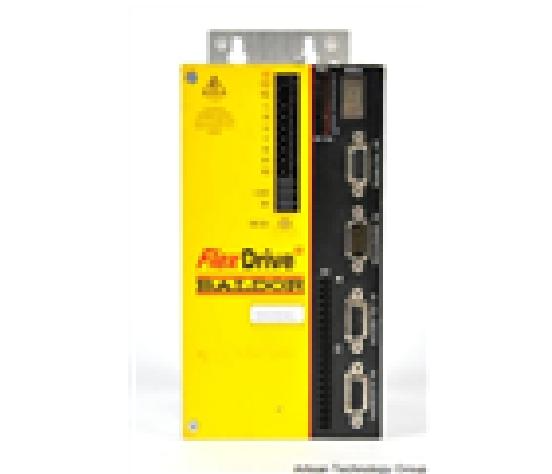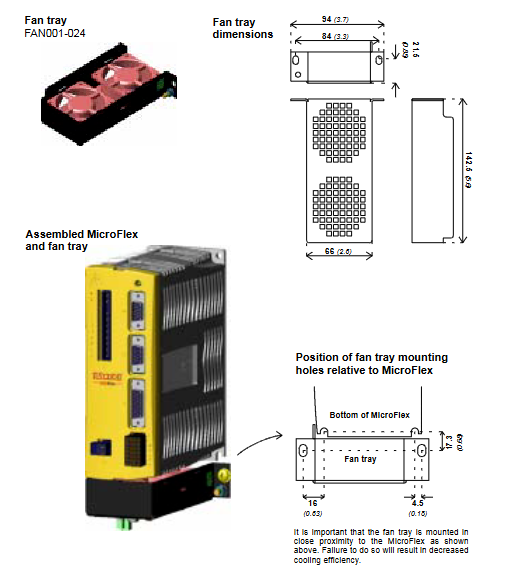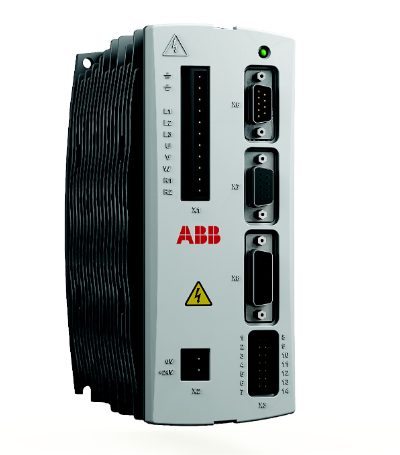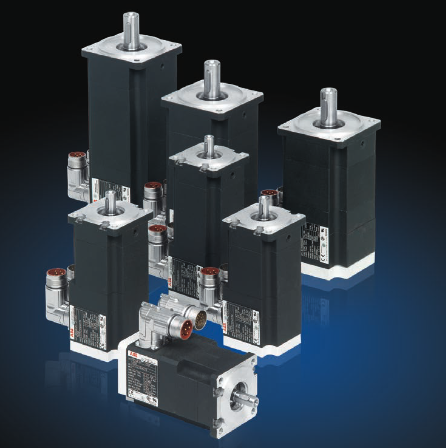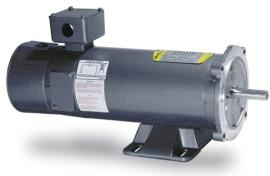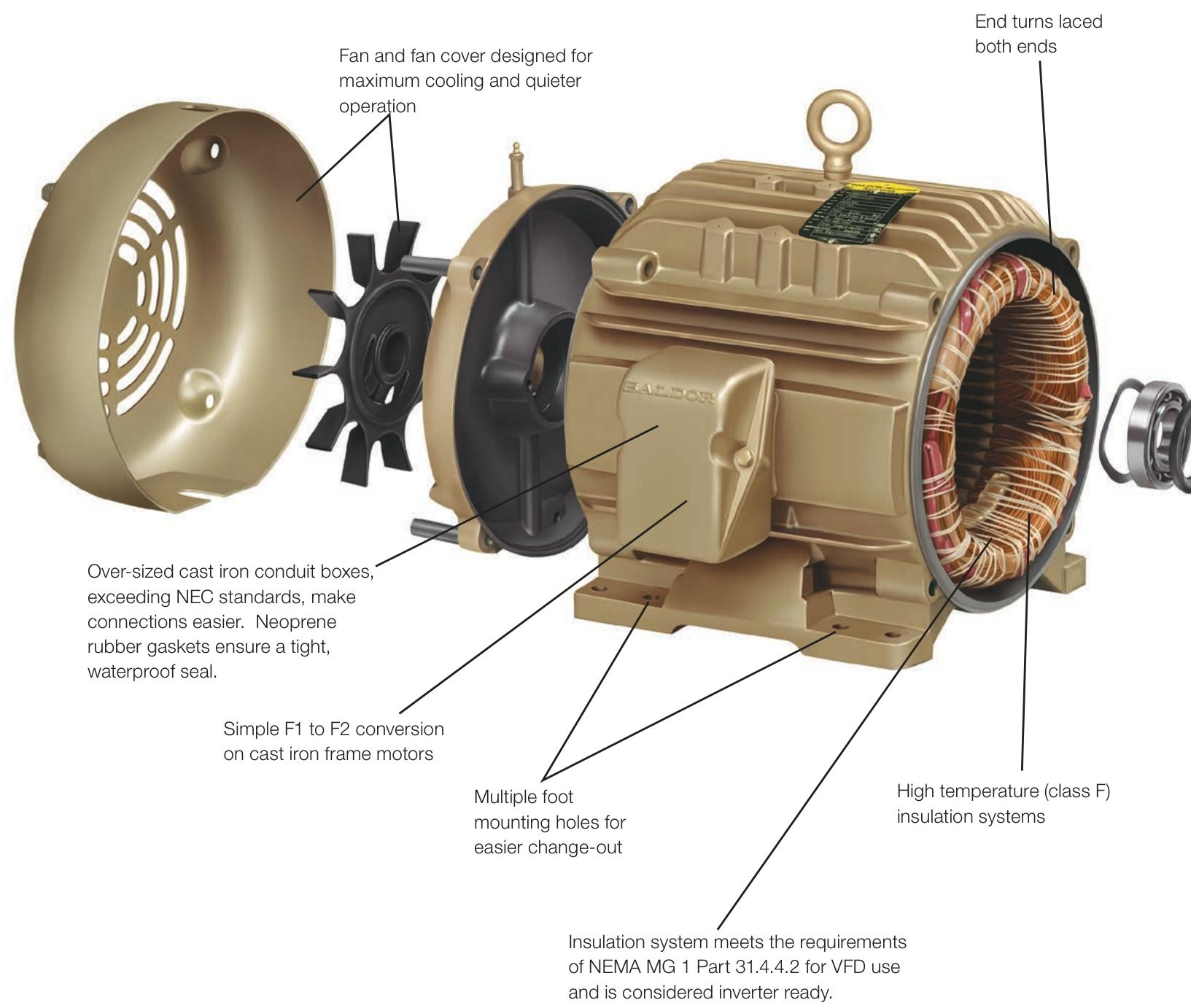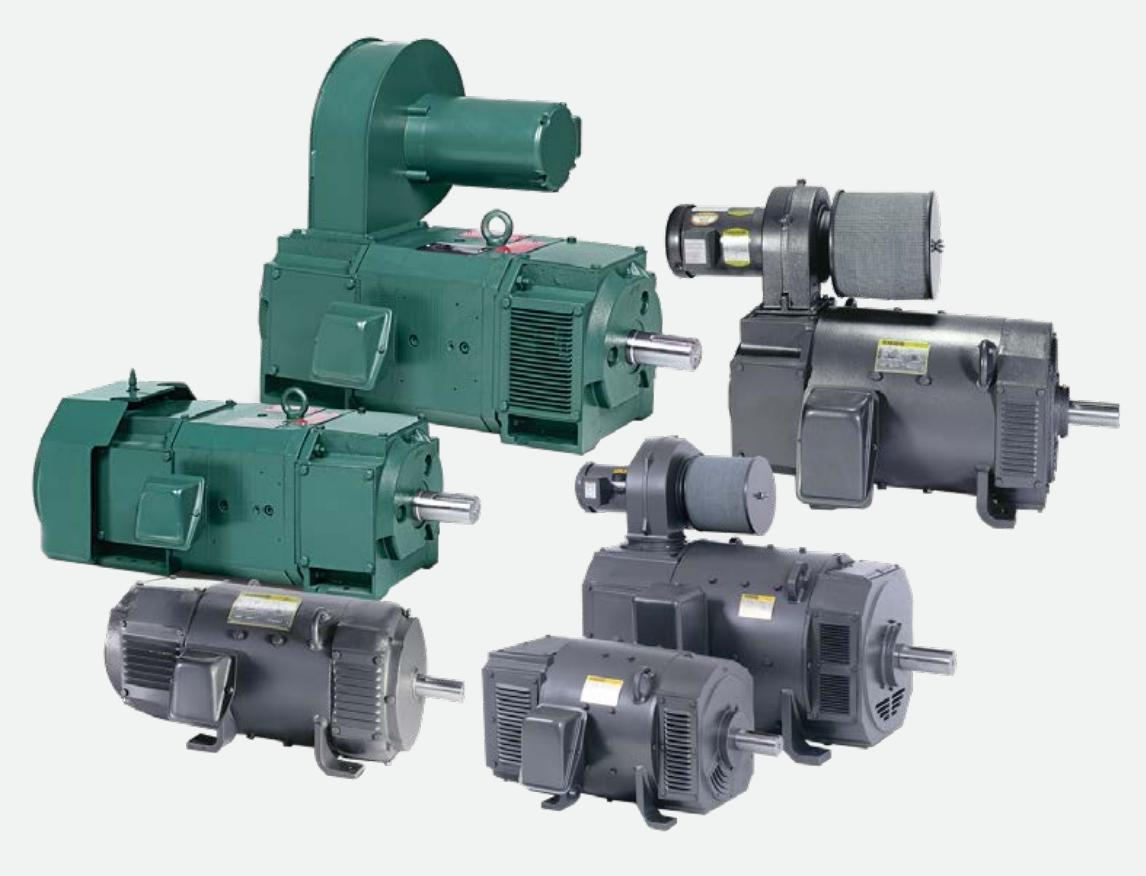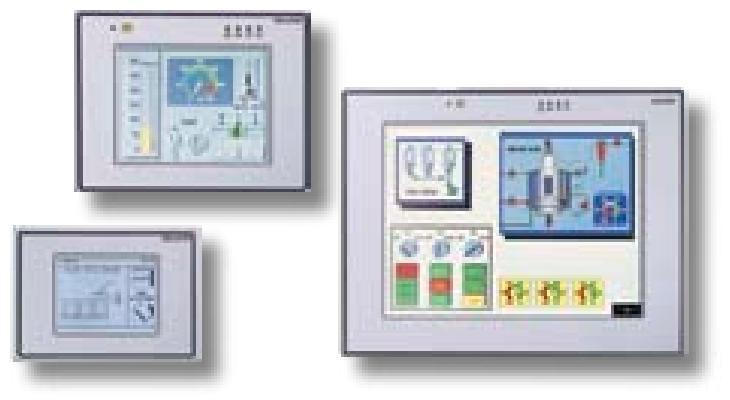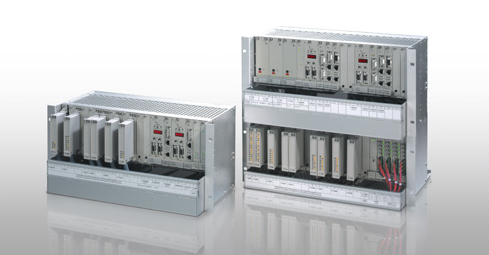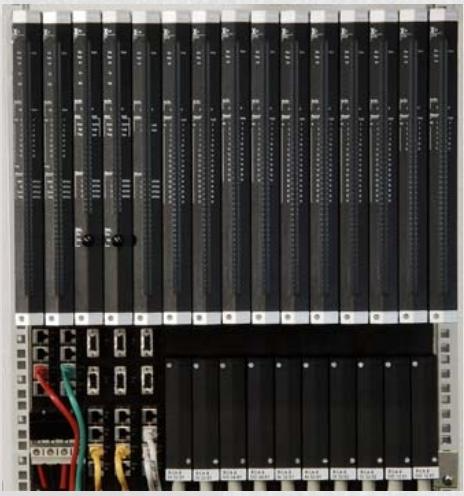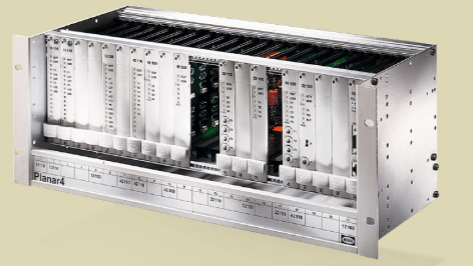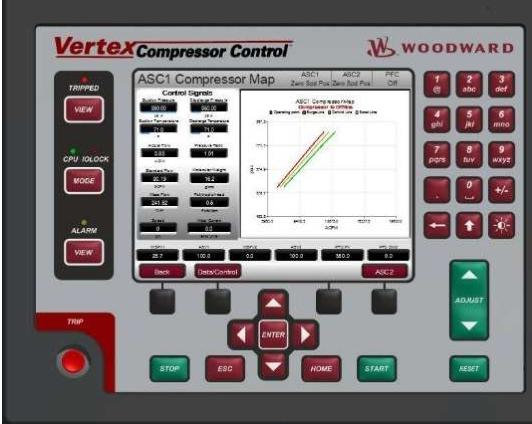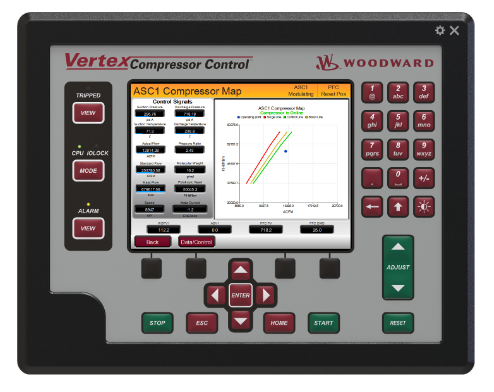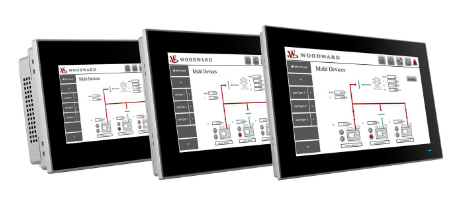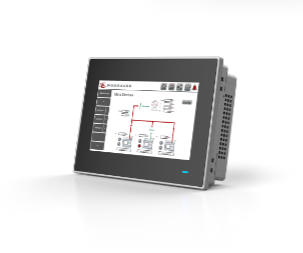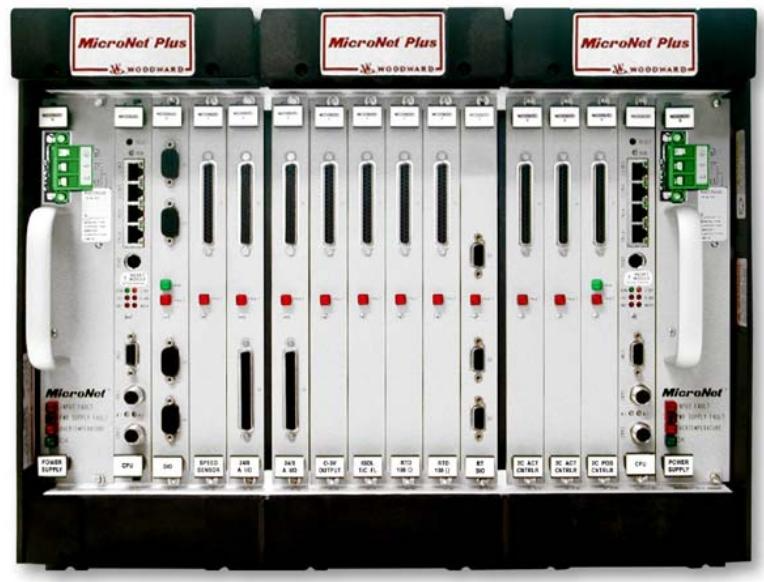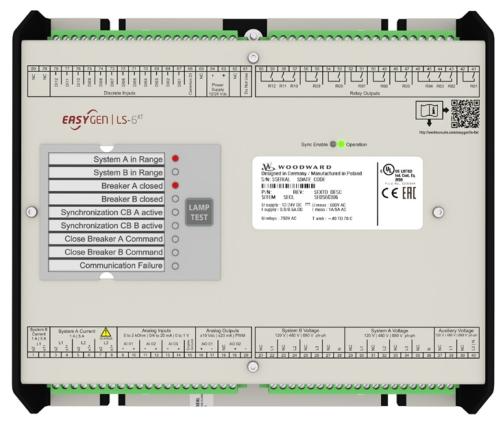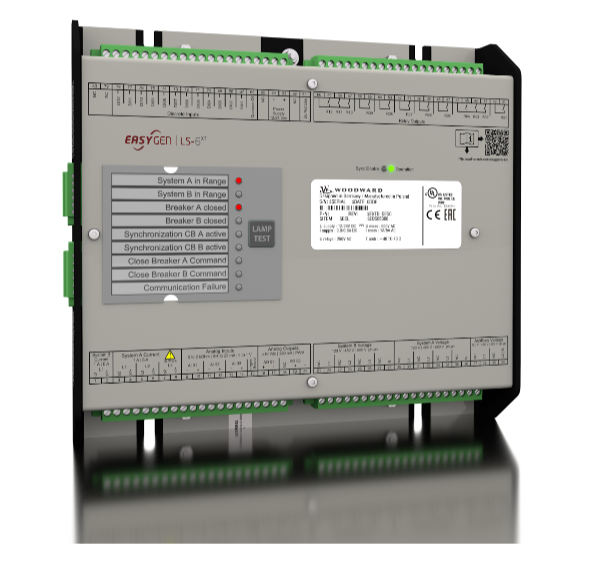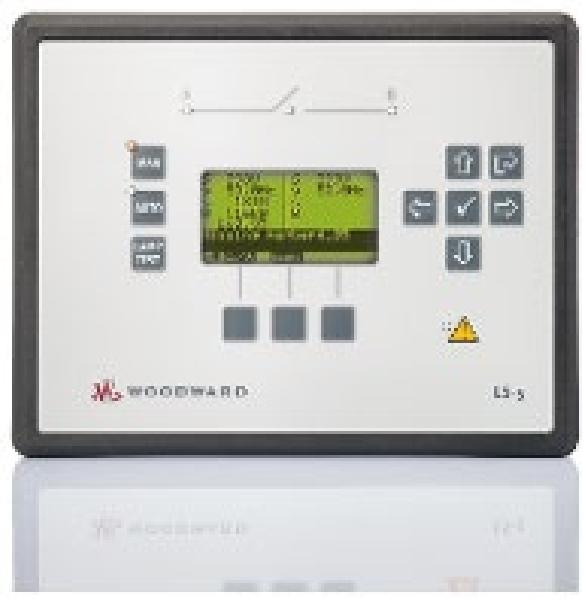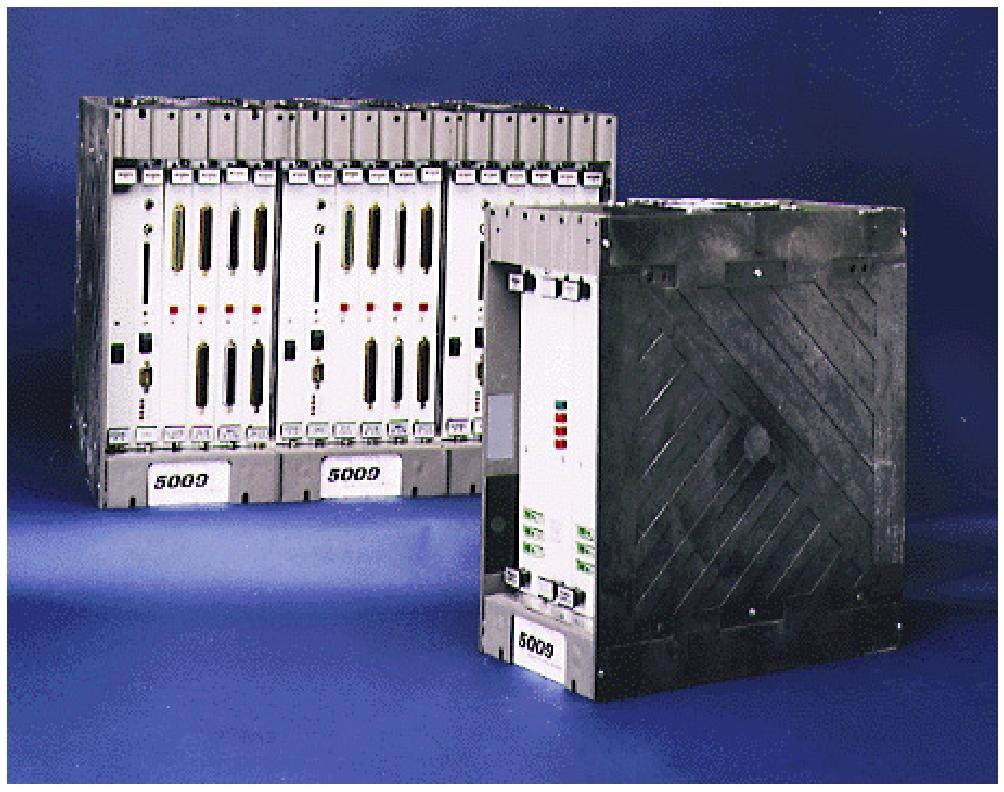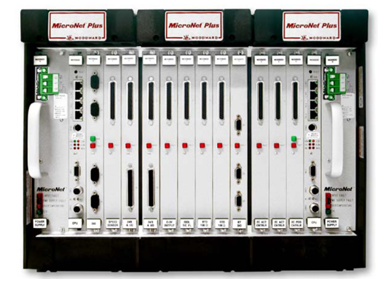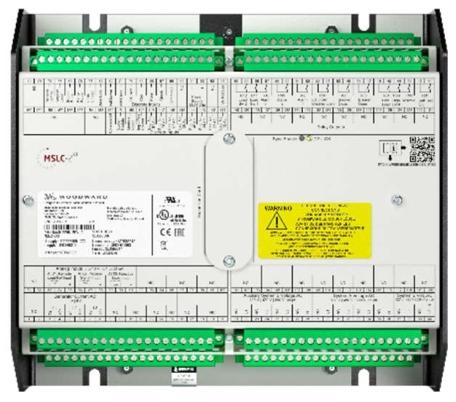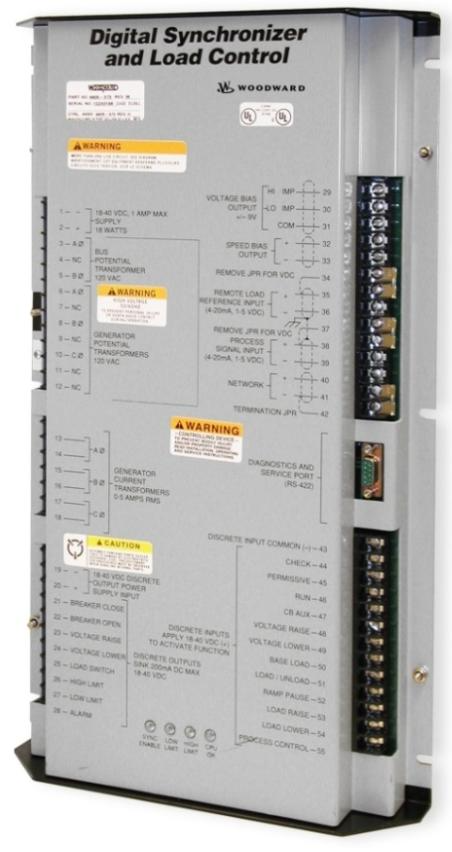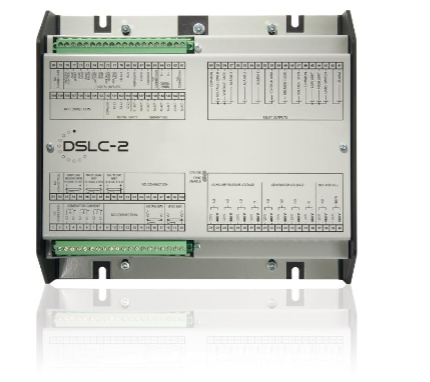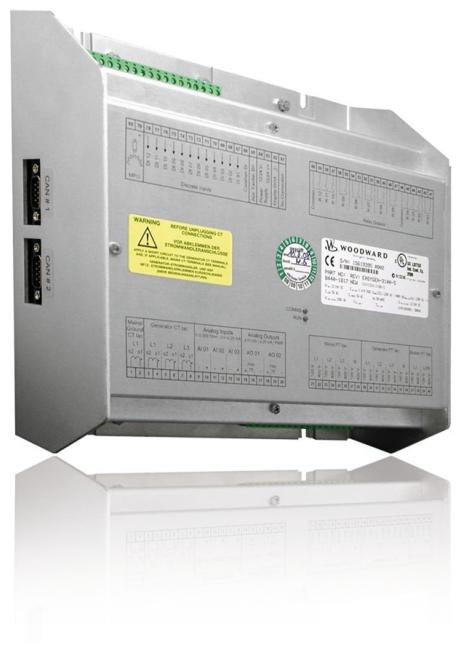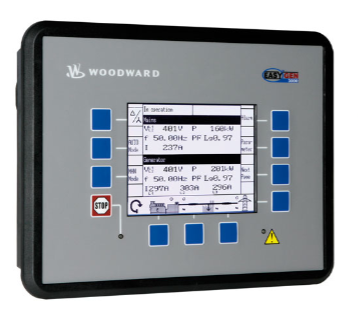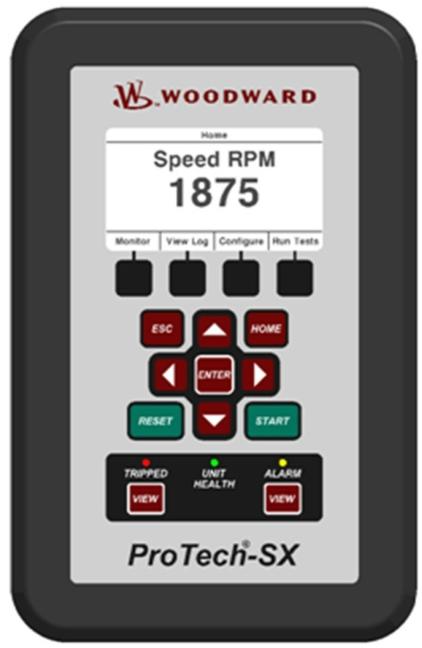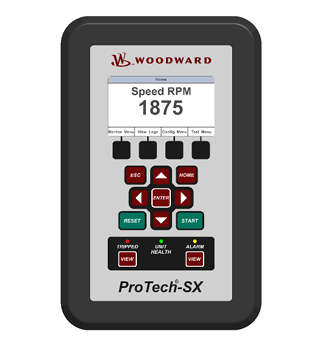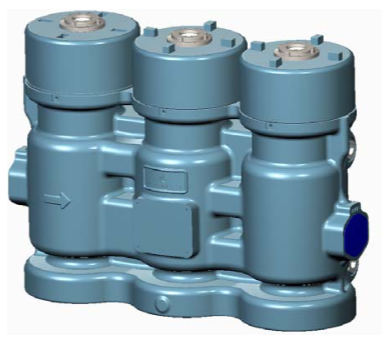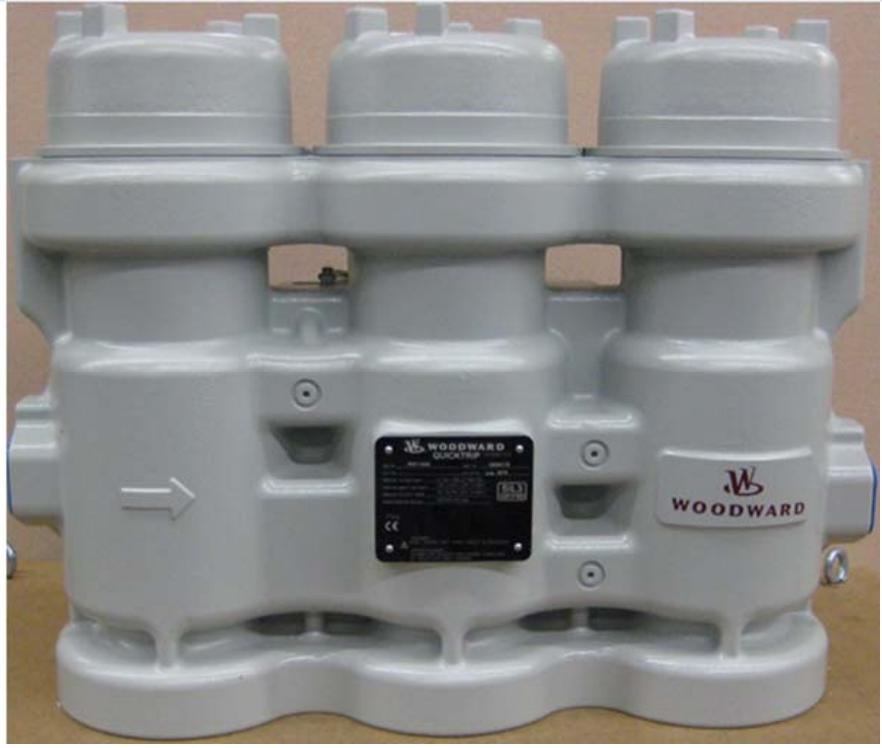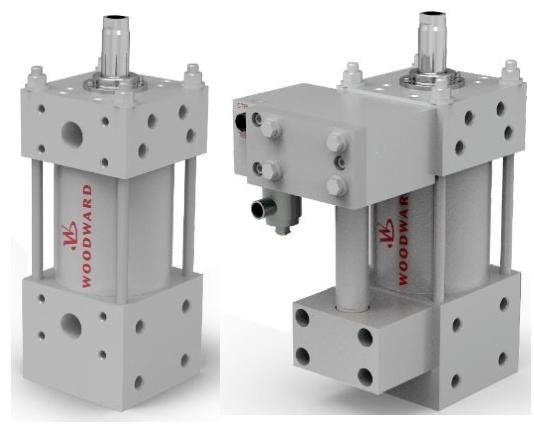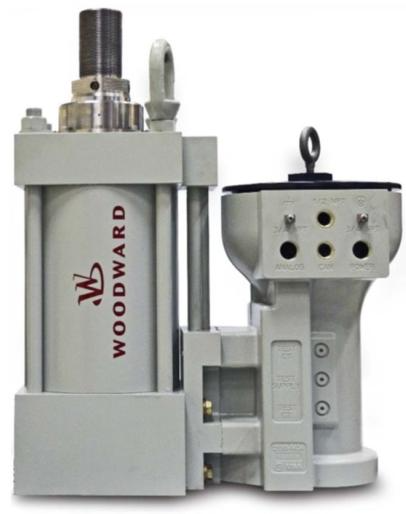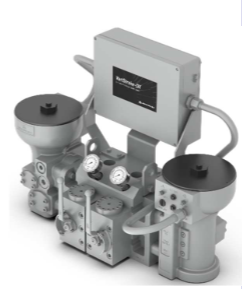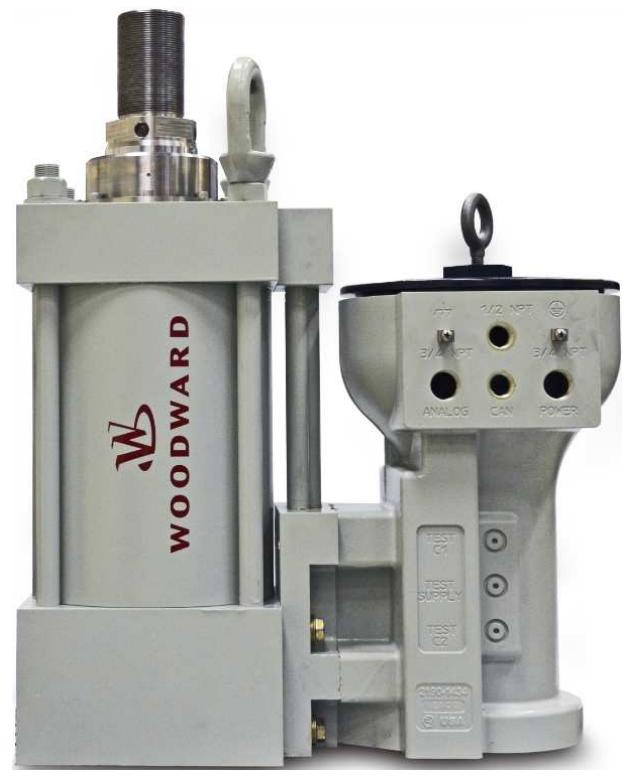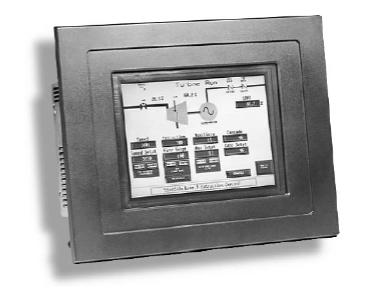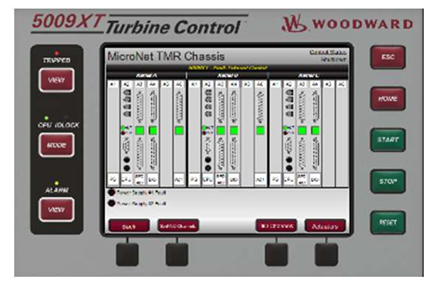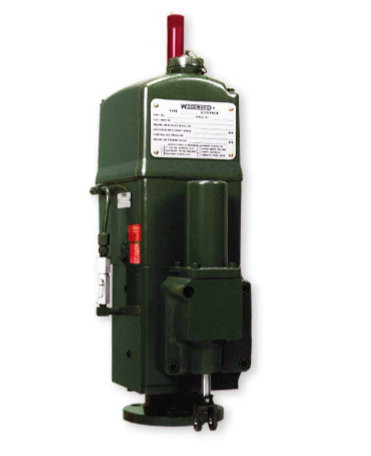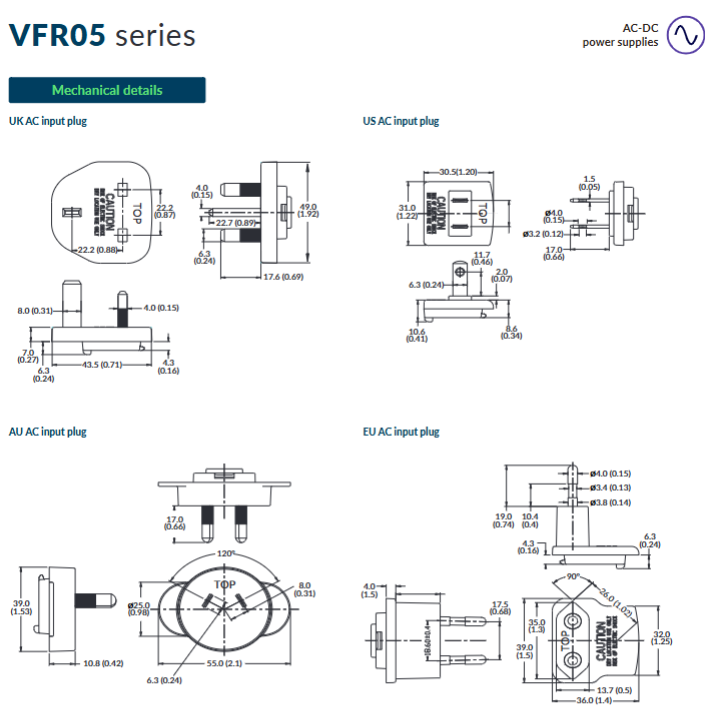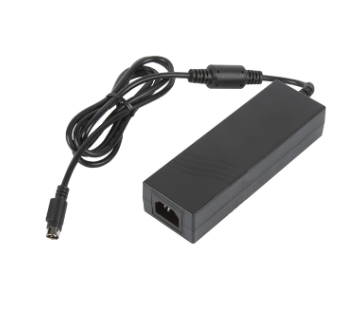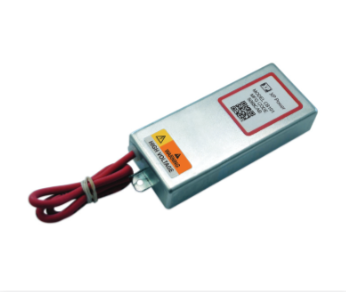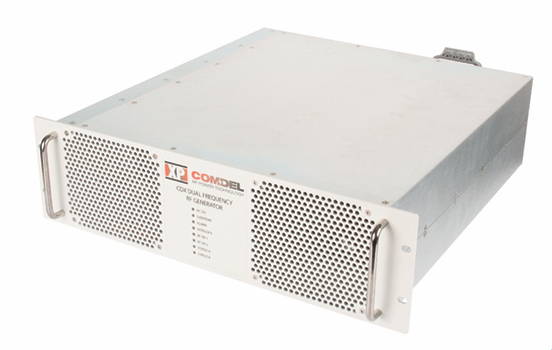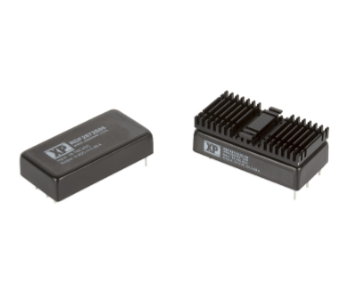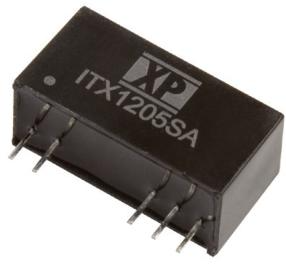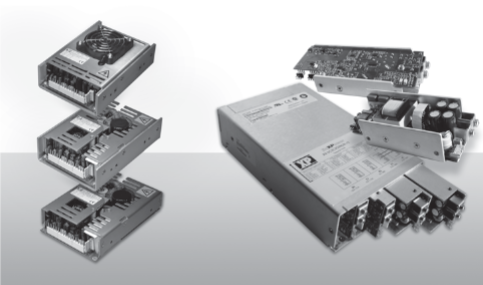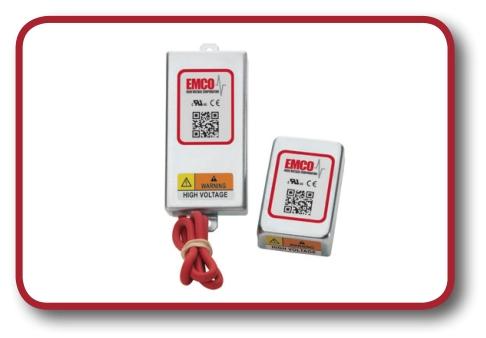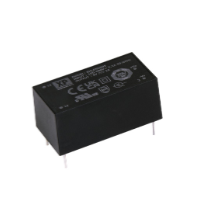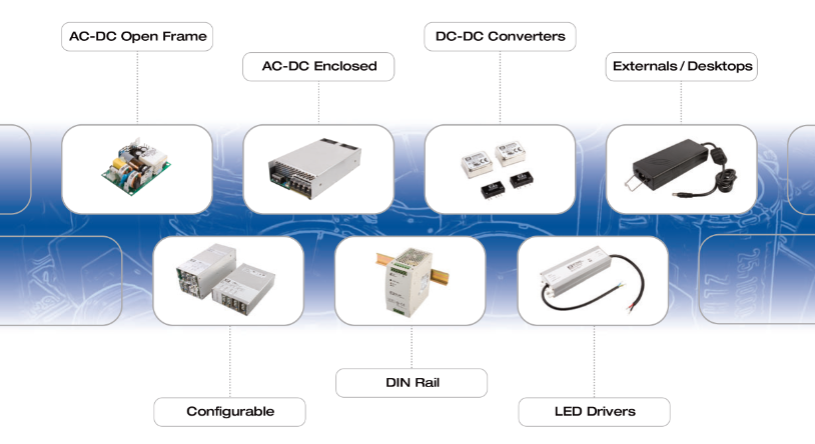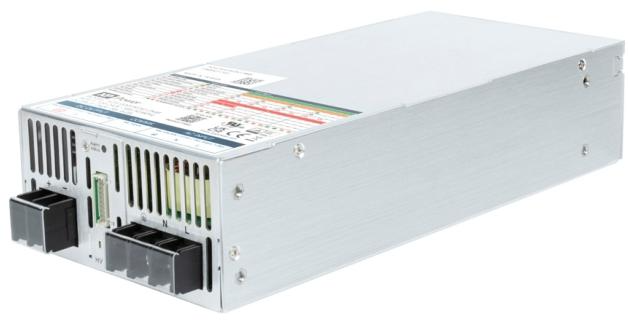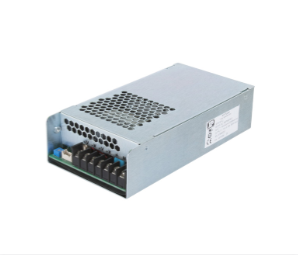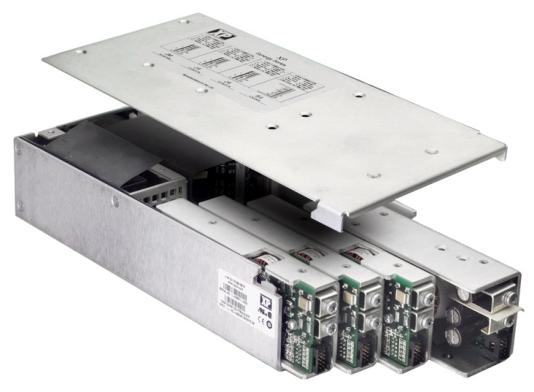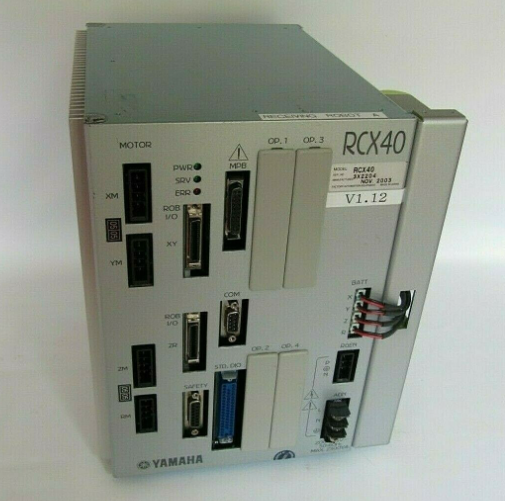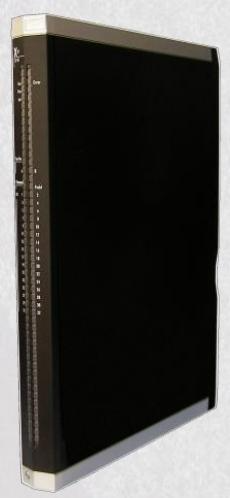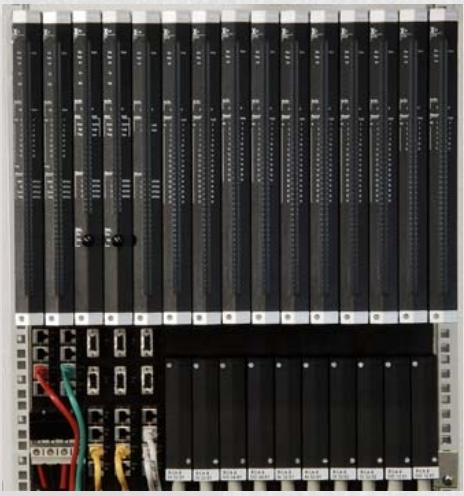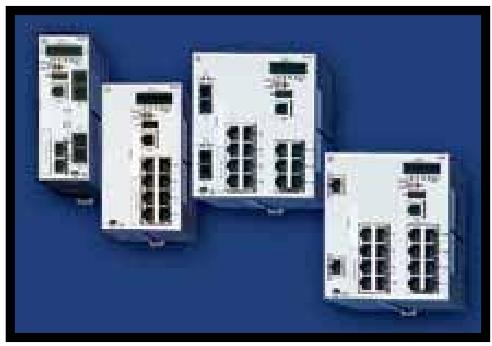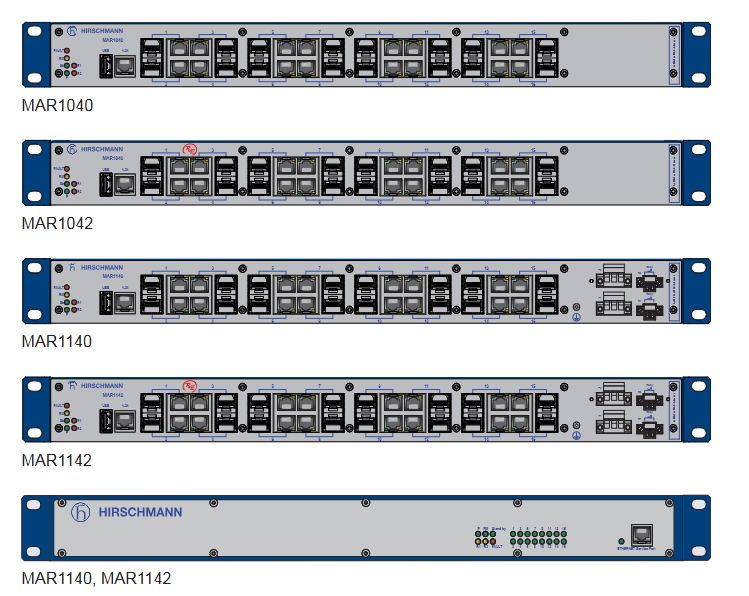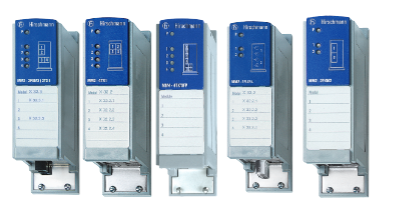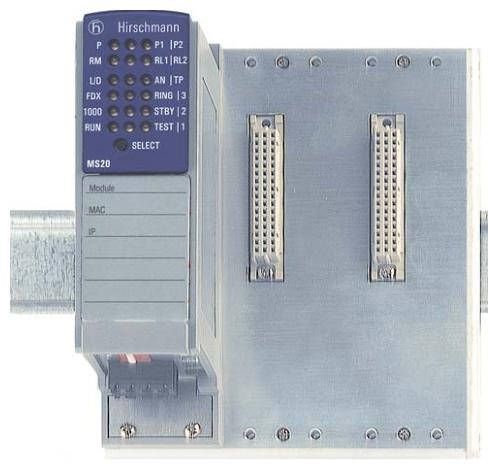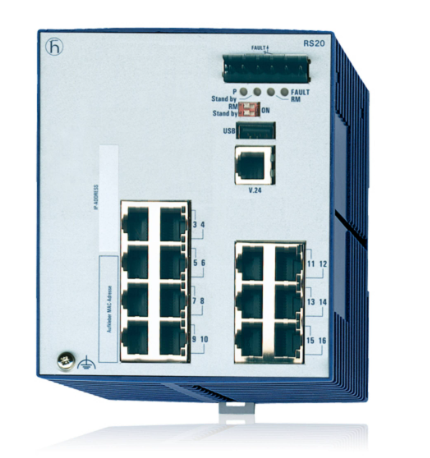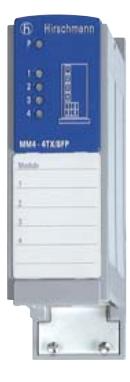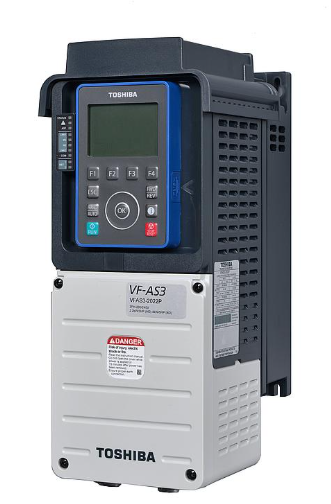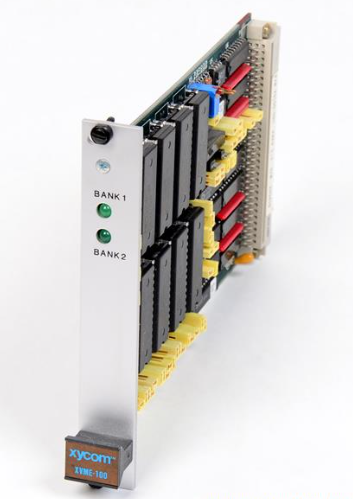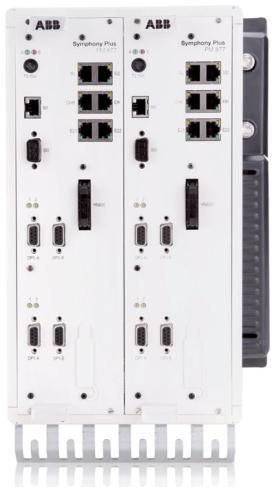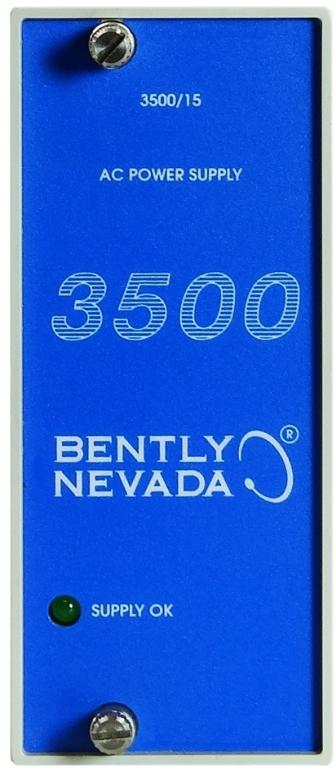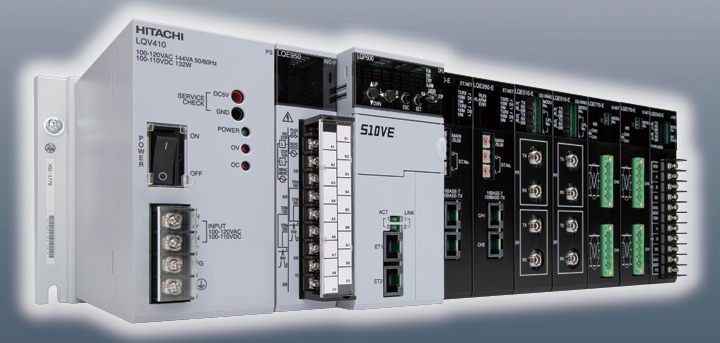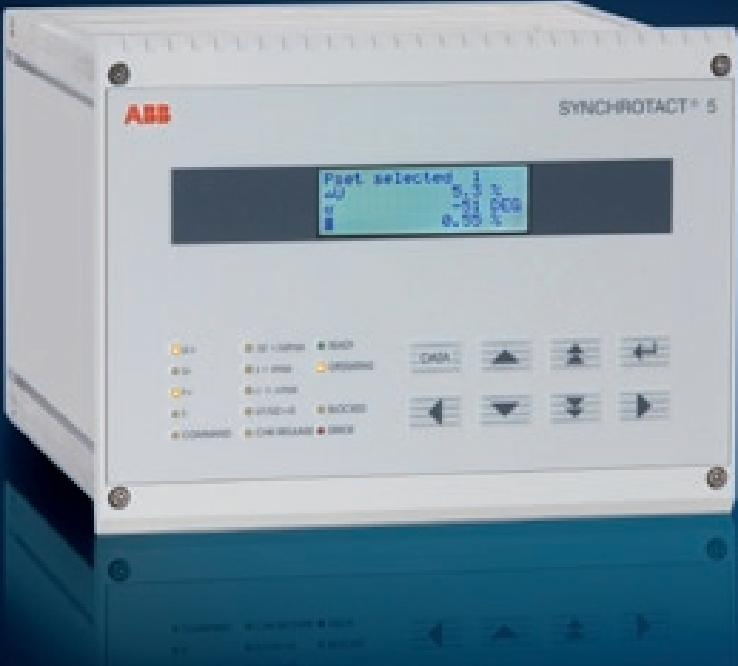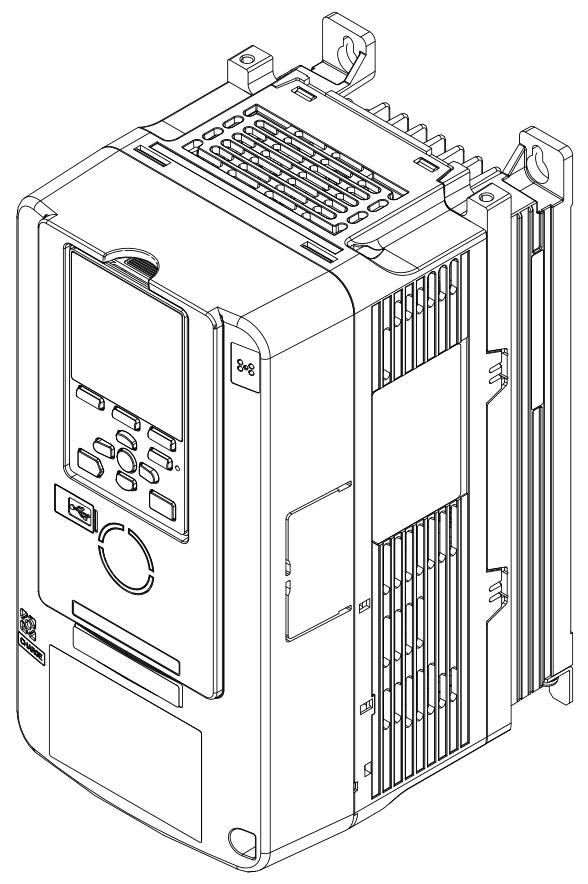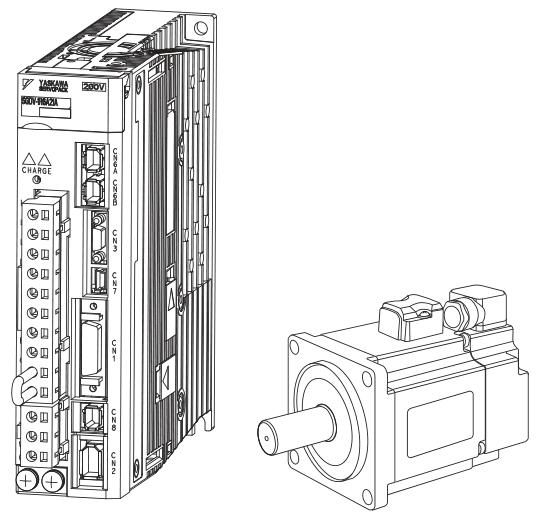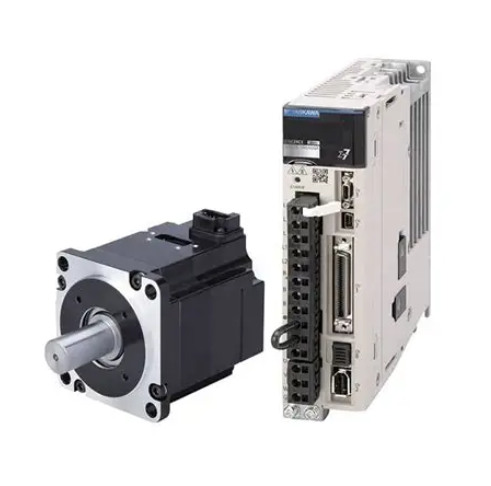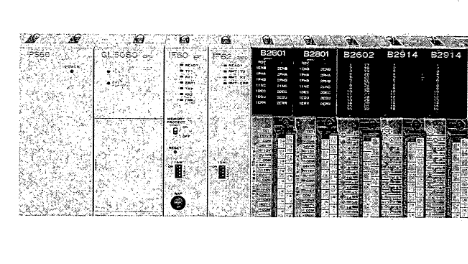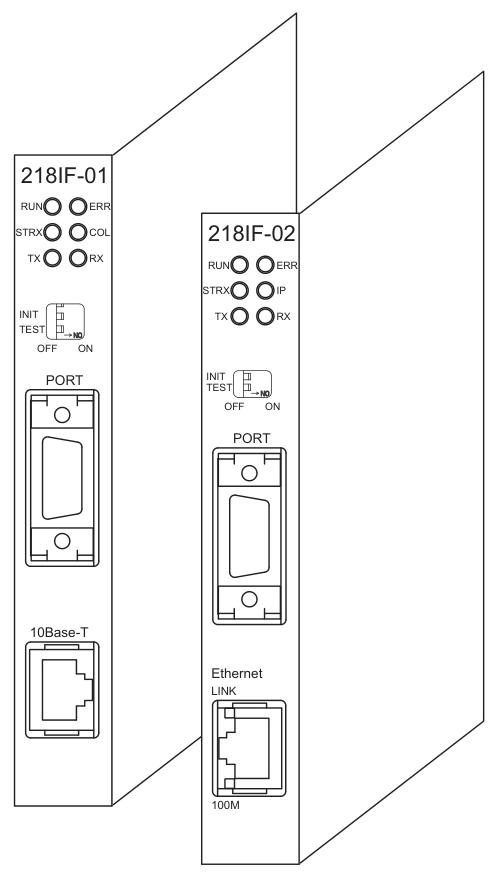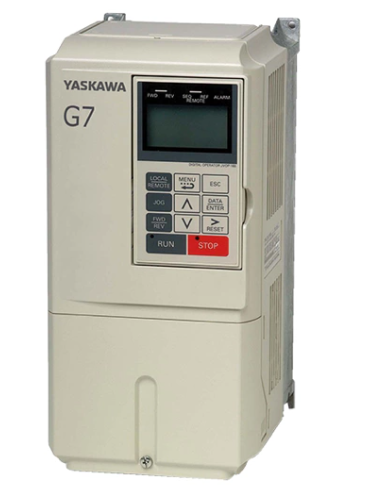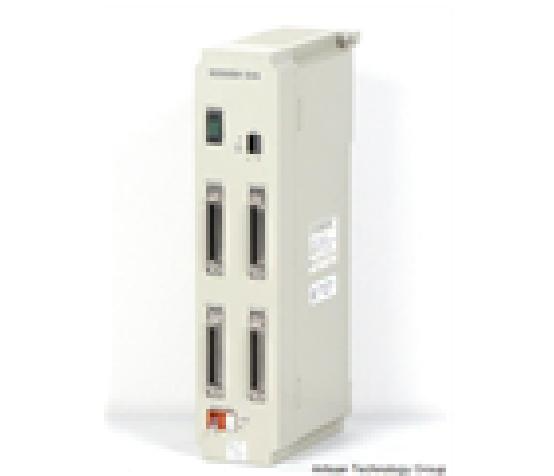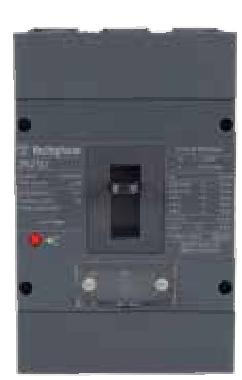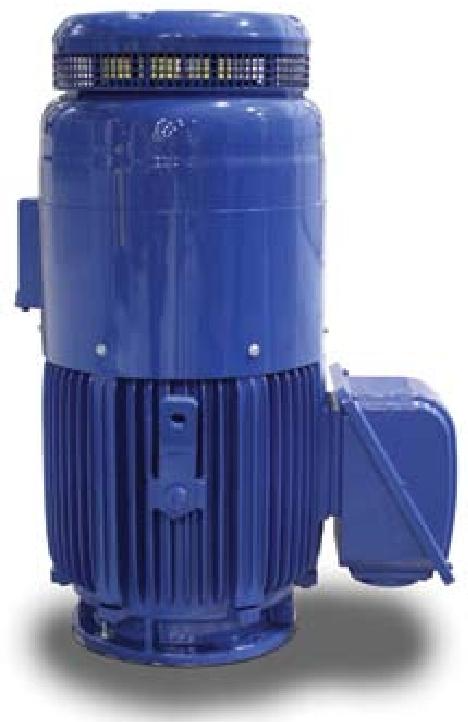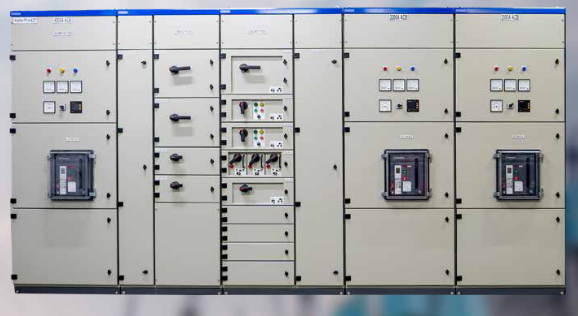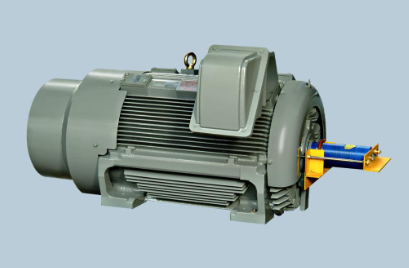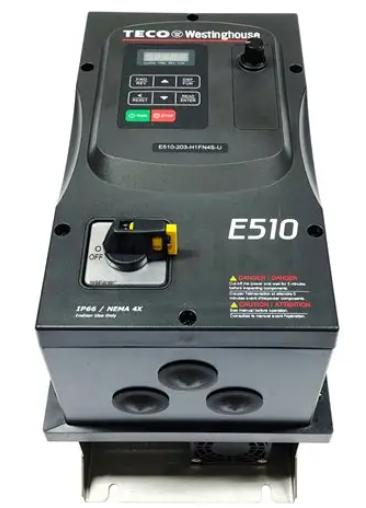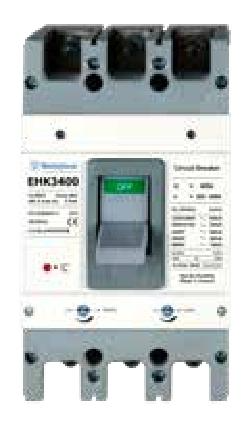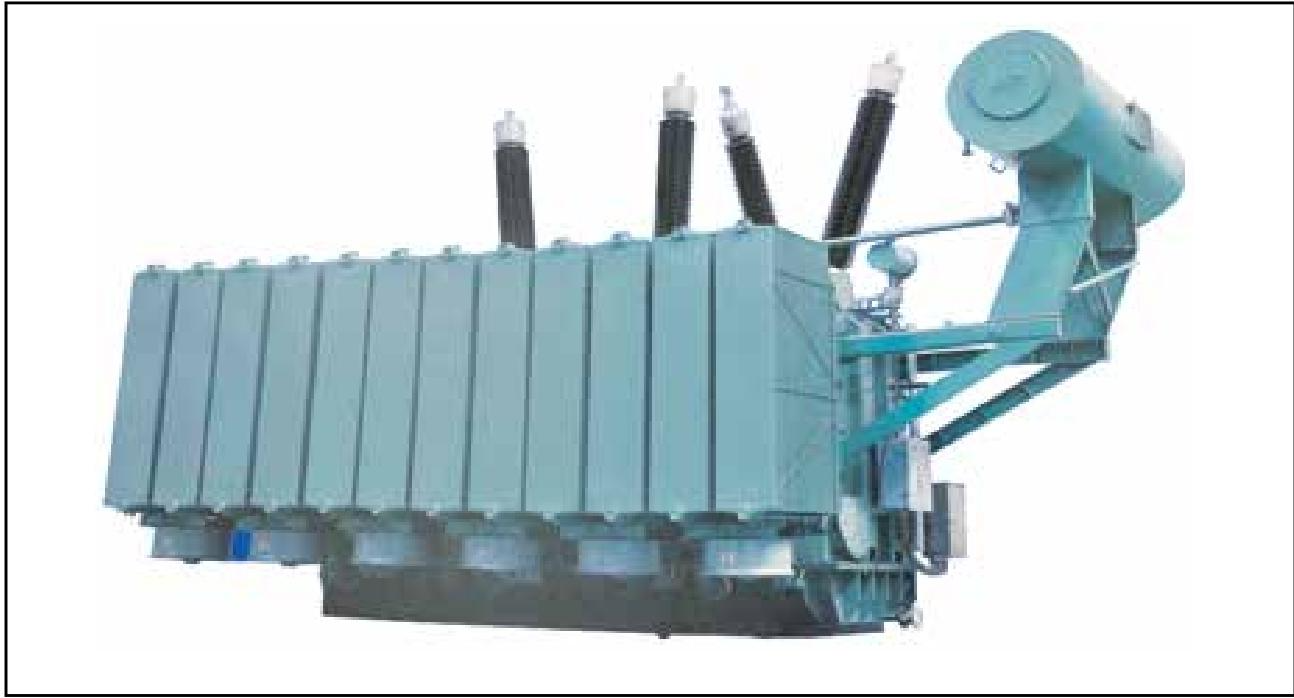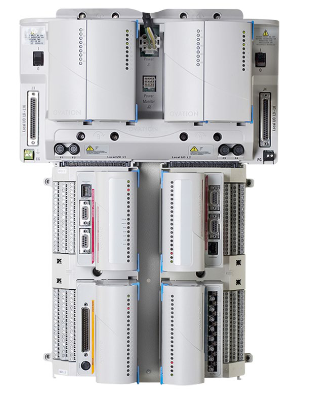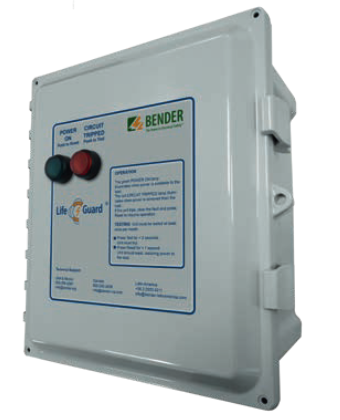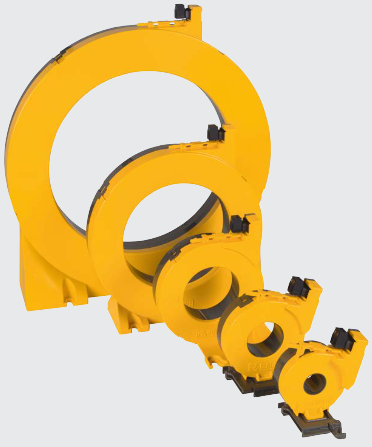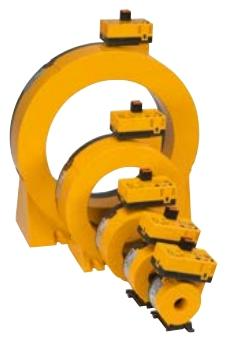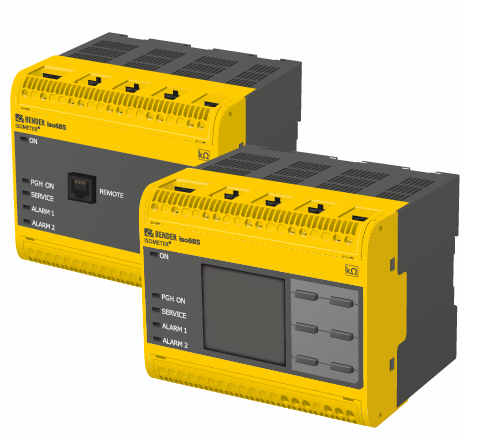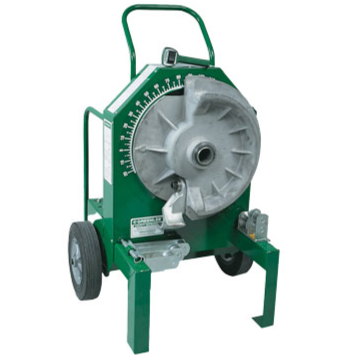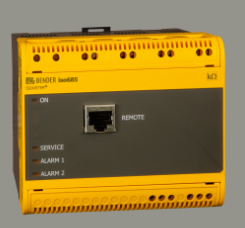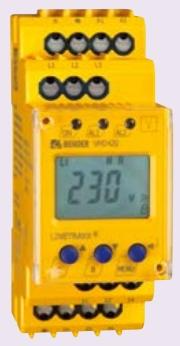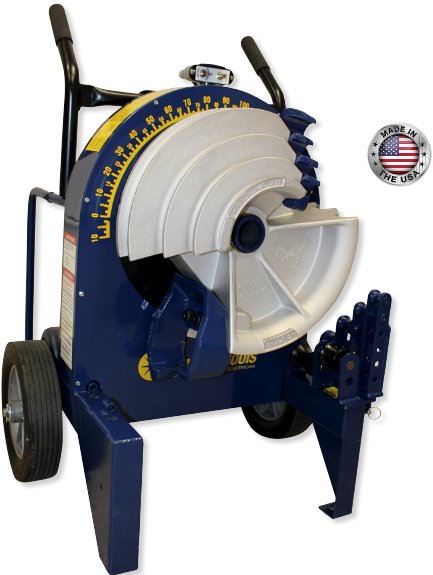

K-WANG
+086-15305925923
Service expert in industrial control field!
Product
Article
NameDescriptionContent
Adequate Inventory, Timely Service
pursuit of excellence


Ship control system
Equipment control system
Power monitoring system
Brand
Description
**ABB DSQC647: The Pinnacle of Automation Performance**
ABB DSQC647 - 3HAC026272001 Safemove Unit
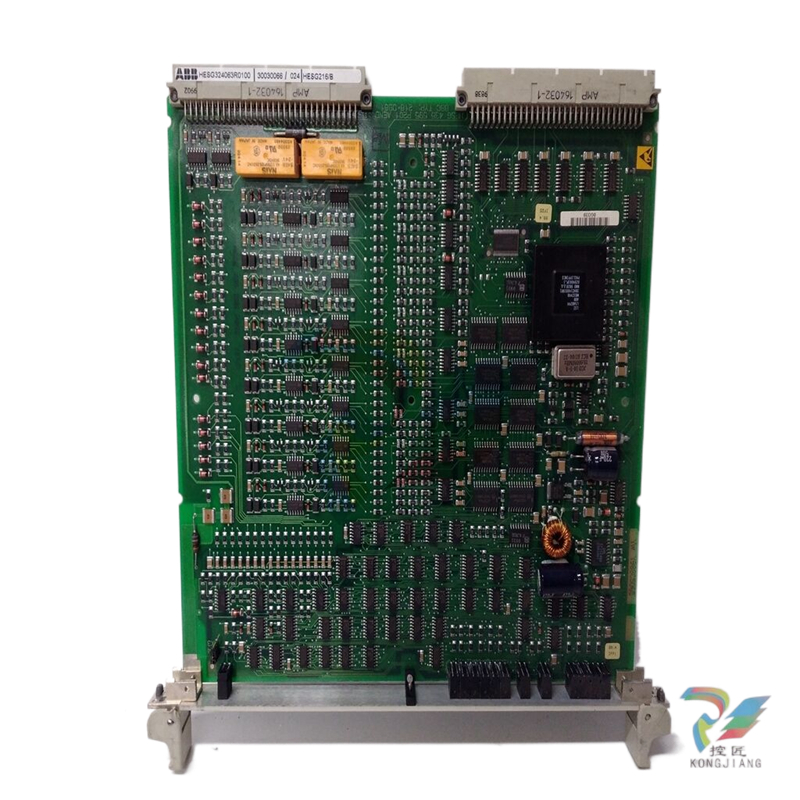
ABB DSQC647 - 3HAC026272001 Safemove Unit
**ABB DSQC647: The Pinnacle of Automation Performance**
The ABB DSQC647 is a cutting-edge control module designed to meet the demands of the power industry, petrochemical sector, and general automation applications. This module stands out with its robust input/output capacity, exceptional durability, and impressive performance metrics, making it an essential component for systems requiring precision and reliability.
**Key Technical Features**
The ABB DSQC647 boasts a versatile input/output configuration that supports a wide range of signals, allowing for seamless integration into various industrial environments. With a maximum input capacity of 64 digital inputs and 32 digital outputs, the DSQC647 can handle high-volume data processing with ease. Its durability is another key feature; built to withstand harsh industrial conditions, it incorporates advanced materials and design principles to ensure long-lasting performance in extreme temperatures and environments.
Performance-wise, the ABB DSQC647 is designed for rapid processing speeds, with a response time that ensures real-time data handling and system control. This capability is critical in applications where precision timing is essential, such as in the petrochemical industry where safety and efficiency are paramount. The module also features advanced diagnostics that facilitate easy troubleshooting and maintenance, minimizing downtime and operational costs.
**Real-World Usage Scenarios**
In the power industry, the ABB DSQC647 excels in managing complex automation processes, from monitoring power generation to optimizing distribution networks. Its reliable performance ensures that power plants can operate efficiently, reducing the risk of outages and enhancing overall system resilience.
In petrochemical applications, the DSQC647 plays a crucial role in controlling various processes, such as refining and chemical production. Its ability to manage numerous inputs and outputs simultaneously allows for precise control of machinery, ensuring that production runs smoothly and safely. Furthermore, in general automation scenarios, the DSQC647 integrates seamlessly with other ABB automation products, providing a cohesive solution that enhances operational efficiency.
**Comparison with Other ABB Models**
When compared to other ABB models, such as the ABB DI811 3BSE008552R1 Digital Input Module and the ABB GJR2366000R1000 81EA02E-E Analog Input Module, the DSQC647 offers a more comprehensive and versatile approach to automation. While the DI811 is excellent for basic digital input needs and the GJR2366000R1000 specializes in analog signals, the DSQC647 combines both functionalities with greater capacity, making it a superior choice for complex automation tasks.
Moreover, the ABB ACS800-01 and ABB ACS580-01-293A-4 frequency converters complement the DSQC647 by providing efficient motor control and energy management, enhancing the overall performance of automation systems. The ABB SINT41X0 Driver Board further supports the DSQC647 by managing servo motor operations, ensuring precise control in dynamic environments.
**Complementary Models**
The ABB DSQC647 works harmoniously with several other models that enhance its capabilities. The ABB CI627A control interface can provide the necessary connectivity for the DSQC647, while the ABB 3HAC021073-001 and ABB 3HAC029896-024 modules expand its I/O capabilities. Additionally, the ABB 07KT98 and ABB 3BHE005555R0101 modules can be integrated for specific control tasks, ensuring that the DSQC647 remains at the heart of a robust automation system.
In summary, the ABB DSQC647 is a powerful, versatile control module that excels in the power industry, petrochemical applications, and general automation. With its superior input/output capacity, durability, and performance metrics, it stands out among other ABB automation products, making it an indispensable component for modern industrial systems. The application of DSQC647, complemented by a range of related ABB models, ensures that businesses can achieve operational excellence and enhanced productivity in their automation processes.

Purchase history
| User name | Member Level | Quantity | Specification | Purchase Date |
|---|
Total 0 Record
Customer Reviews
Satisfaction :
5 Stars
No evaluation information



KONG JIANG


Add: Jimei North Road, Jimei District, Xiamen, Fujian, China
Tell:+86-15305925923




